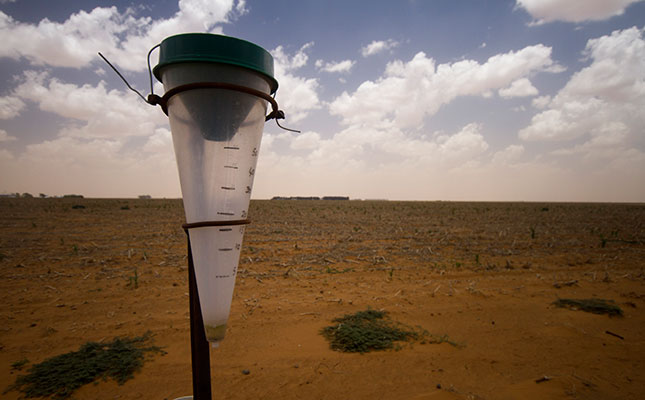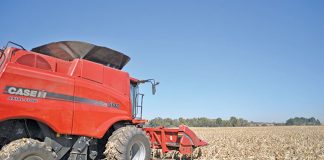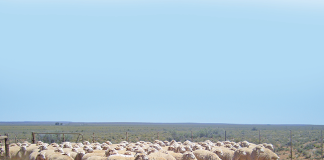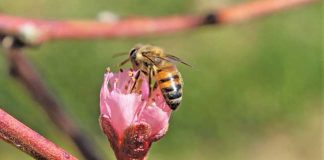
There have been questionable decisions made by government since the start of the lockdown, but over the past 10 days this trend seems to have reached fever pitch.
Lucien Jansen, CEO of the Perishable Products Export Control Board, one of the only well-managed public entities in this country, says that one of the benefits of maintaining a positive outlook is that it puts you in a position to notice opportunities even during difficult times.
I have to agree with Jansen.
Optimism begets opportunity. However, as the lockdown drags on, and as government seems bent on steering the country into an ever more turbulent future, it is becoming very hard to find something to be positive about.
READ 9 lessons we can learn from the drought
The latest in a string of unfathomable decisions was the announcement published in the Government Gazette on 16 July 2020 by Dr Mmaphaka Tau, deputy director-general of the National Disaster Management Centre, which repealed the classification of the widespread drought as a national disaster.
If Tau had bothered to pick up the phone to speak to a farmer – any farmer – in one of the drought-affected provinces, the first thing that farmer would have said is that “it doesn’t rain grass”.
Yes, some parts of the country that have been suffering from what many have described as the worst drought in 100 years have received rain and snow during the past few weeks.
READ Repeal of SA drought disaster declaration met with shock
And, yes, thanks to this, come spring, the veld in some areas might start to recover, providing much-needed grazing.
But the rain has not erased the damage wrought by years of drought; it has not replenished fodder stores; it has not washed away the debt that farmers have incurred to keep their farms from falling into bankruptcy; and it has not turned barren landscapes into lush veld overnight.
It will take multiple seasons for farmers in drought-ravaged areas to start seeing some real recovery.
By denying them support at this critical time, Tau has put at risk the jobs and livelihoods of many more farmers, farmworkers and entire rural communities that rely on the economic activity powered by agriculture.
However, the cruellest twist in this story is that for many of those farmers who are suffering, it doesn’t actually make much of a difference either way.
As Agri SA rightly said in a statement about this “ill-considered” decision, during the past few years, “government has made no real effort to alleviate the long-term impact that the lingering drought has had on commercial agriculture in certain areas”.
According to Agri SA, the disaster relief of R139 million provided by government due to the declaration of the drought as a national disaster was a fraction of the actual cost to the agriculture sector over the past five to eight years.
But let’s try to be optimistic.
At least, if there will be no more funds coming from the state to assist those farmers affected by this disastrous drought, there will also be no money in this kitty for government employees and contractors to steal!










